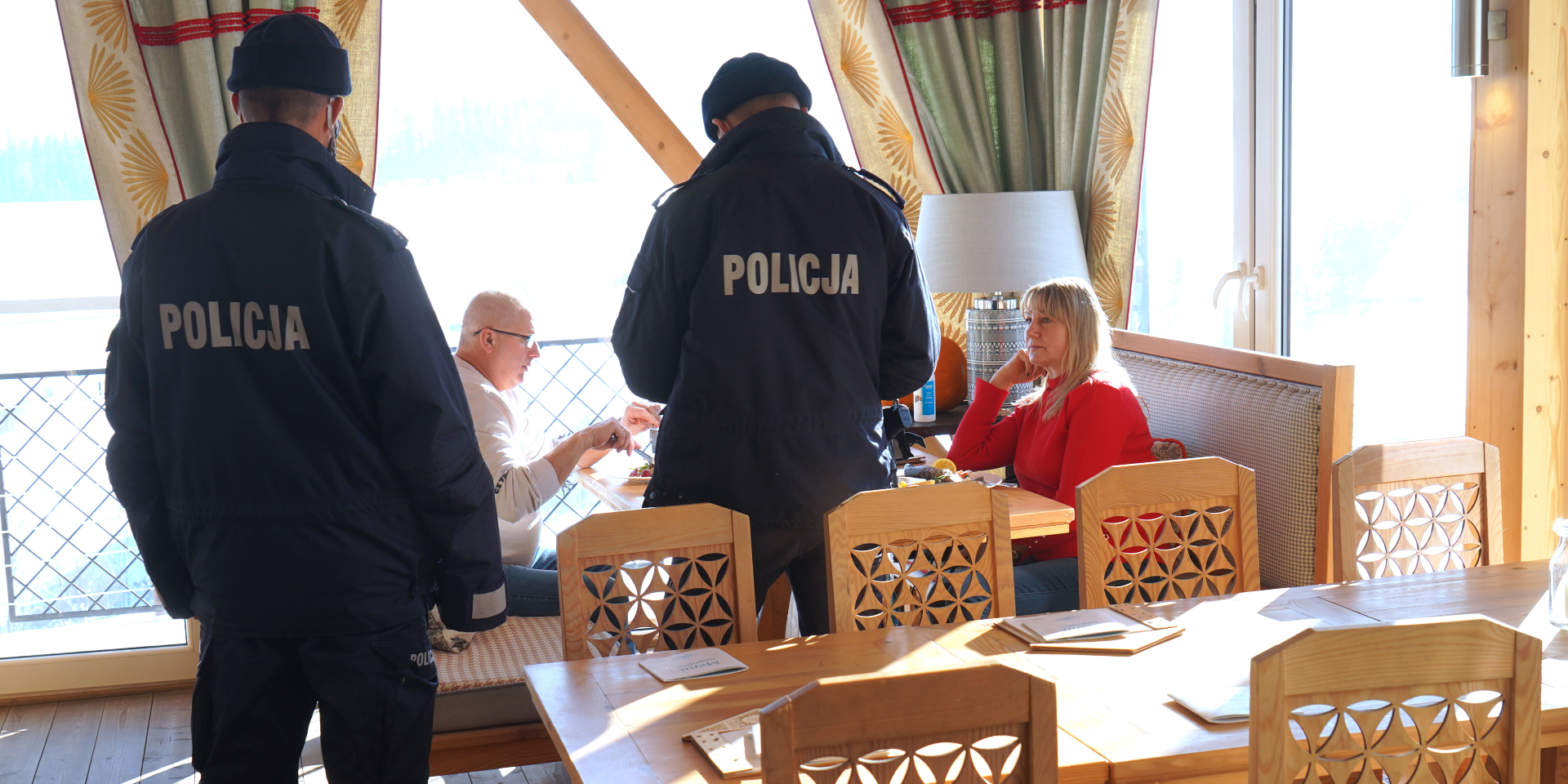All over the world, civil disobedience movements are organizing to protest against the health measures that are taking many traders by the throat.
In Poland, restaurateurs, hotels, bars and ski resorts use subterfuge to open despite the bans.
Europe 1 went to Katowice in the south of the country.
REPORTAGE
In front of a burger restaurant in the city of Katowice, in southern Poland, a dozen people line up to get a table.
"We were tired of staying at home, we really wanted to go out by going to a restaurant," said at the microphone of Europe 1 a student met in the queue.
His comrade, delighted to go out again, adds: "In addition, we study online, we have no exchanges with the outside."
Sign of the feeling of weariness, anguish and sometimes revolt that is mounting, many are those who choose to defy the prohibitions related to Covid-19.
The movement started in mid-January in the mountains in the south of the country and is now spreading throughout the country.
>> READ ALSO
- Coronavirus: follow the evolution of the situation on Sunday January 31
Customers officially "food testers"
Closed since the end of October, this restaurant reopened its doors ten days ago.
That evening, the room is full and the servers overwhelmed.
On the entrance table are placed hydroalcoholic gel, a thermometer… as well as a contract distributed to customers.
This stipulates that they are employed as "food testers", a ploy invented to prevent the police from entering the premises, which are considered a workspace.
"The customers thank us for having taken the plunge, and we thank them for coming, it's really beautiful! We receive a lot of support", loose Sylwia Hebert, at the head of the restaurant, who obviously does not regret have reopened.
She says the past few months have been particularly trying psychologically.
"Two more months like this, doing nothing, and we would have lost something that we spent our life building! It was a matter of life and death."
The losses have indeed accumulated over the months between the rent payable and the salaries of the employees that the young woman wanted to keep.
She says she only received aid of just over 1,000 euros from the state.
>> ALSO READ
- Reserved for professionals, some restaurants are reopening: "The impression of reviving"
Like Sylwia Herbert, hundreds of entrepreneurs have decided to break the restrictions imposed by the government with various schemes.
An ice rink was thus transformed into a florist to remain open.
Some ski lifts have asked skiers to sign a membership form for a political organization, making the ski slopes a meeting ground.
Faced with this sling, the authorities have promised an additional boost for municipalities in the mountains, which live on tourism.
But the government has also threatened businesses that are reopening to be excluded from the next aid.
"Reopening is our way of defending ourselves"
The threats no longer have any effect on Marcin, the manager of a restaurant next to that of Sylwia Hebert.
Its Polish cuisine establishment also welcomes customers.
"The government told us that we could reopen on January 17, and that did not happen. We had prepared, we had started to do the accounts, we spent money," he said. he continued: "Reopening is our way of defending ourselves. The law is on our side. It is the government which is rebelling, not us!"
The discussion is interrupted by the arrival of the police.
After a brief exchange with the owners, she leaves.
If entrepreneurs who reopen risk a fine of 30,000 zlotys (around 6,500 euros), most say they want to challenge the case in court.
In early January, a local court ruled that the restrictions were not legal, as the Polish government did not declare a state of emergency.

